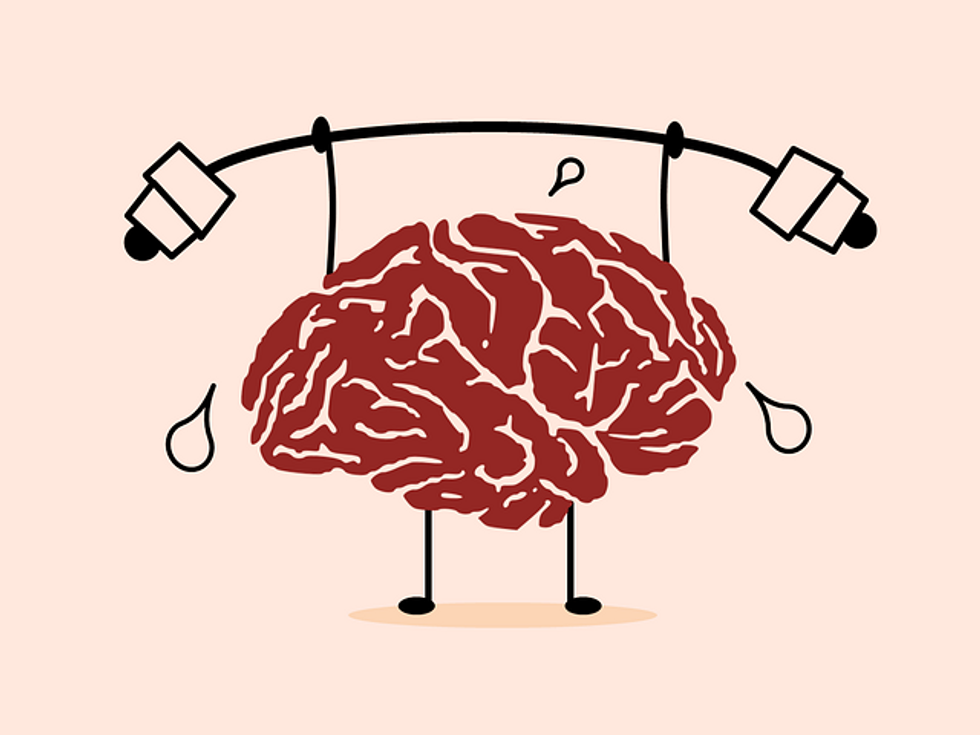The news, and social media in particular, have been abuzz in the last few years with various campaigns, advertisements, and general testimonies of the importance of mental health awareness.
If you are one of the people that believe the spike in mental health awareness and concern is a result of the "me" generation forcing our voice into society, I ask you to consider a few things before you roll your eyes and move on to another task in your day.
Firstly, I would like you to understand that, in a single year, 1 in 5 adults (18.5%) experience mental illness, such as schizophrenia, eating disorders, bipolar disorder, depression, and various anxiety disorders.
Now, let's break that down by generations. Between 2013 and 2016, adolescents between the ages of 12 and 17 years old experienced a 63% increase in depression diagnoses, while Millennials, aged 18 to 34 years old, experienced a 47% increased in diagnoses. , realize that other older age groups experienced substantial rises as well (increases of 26% and 23% for those 35-49 and 50-64 years in age.)
However, those aged 35 to 49 years old experienced a 26% increase and those aged 50 to 64 years old experienced a 23% increase in depression diagnoses. Furthermore, Caucasian men over 85 account for the highest suicide rates in the U.S. As of 2019, most of these men were born in 1934 and are part of the Silent Generation.
I don't know about you, but I find these statistics quite alarming. Not only because my own generation has been affected by this uptick in mental illness, but because so many older individuals have not sought help before reaching a point of no return. Sure, younger generations have seen a rise in mental illnesses, but we are also the generations that are more open to discussion because of that. We know we need help because we have been taught that it's okay to need help.
Before you start to why might that be the case? Why might older generations be feeling more hopeless?
In a survey conducted by Ashlyn M. Avera of Georgia Southern University, participants were grouped according to the generation that they belong to and were then asked to match a mental illness with its symptoms. In this survey, Millennials had a 77% success rate, Generation X had a 75.6% success rate, and Baby Boomers finished with 63.4% success rate.
Again, I, personally, think this clarifies the reason that my generation has pushed to make mental health a priority in our society. We have seen the effects of suffering in silence in our elders and we do not want to see the same statistics continue to repeat themselves or even worsen in the future.
What you need to understand is that we are not a generation that is all about ourselves. Instead, we are a generation that wants to take a risk in challenging a previously established stigma which surrounds a serious issue in our nation because we want to help others live a happier, healthier life.
This isn't for our generation, it's for our entire society. We have to remind one another that we are never truly alone.
- Having More Mental Health Awareness Can Help You Help The ... ›
- The Month Of Mental Health Awareness ›
- #RaiseYourHorns For Mental Health Awareness ›
- May is Mental Health Awareness Month ›



































